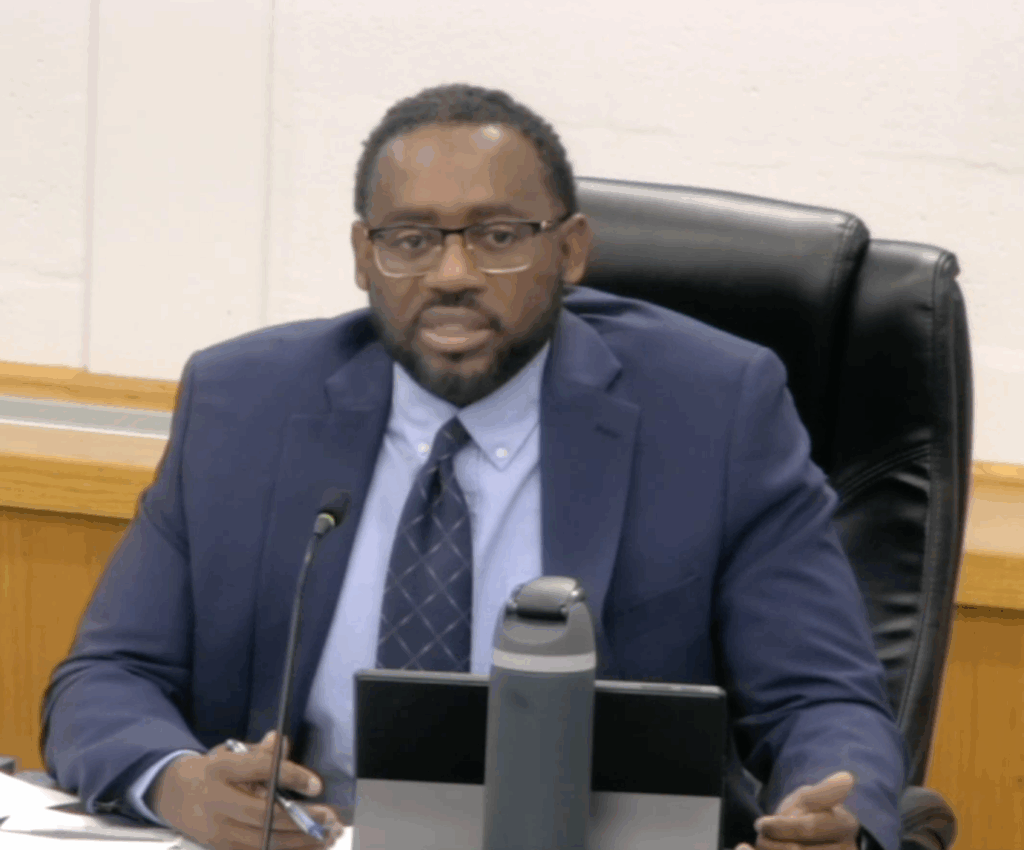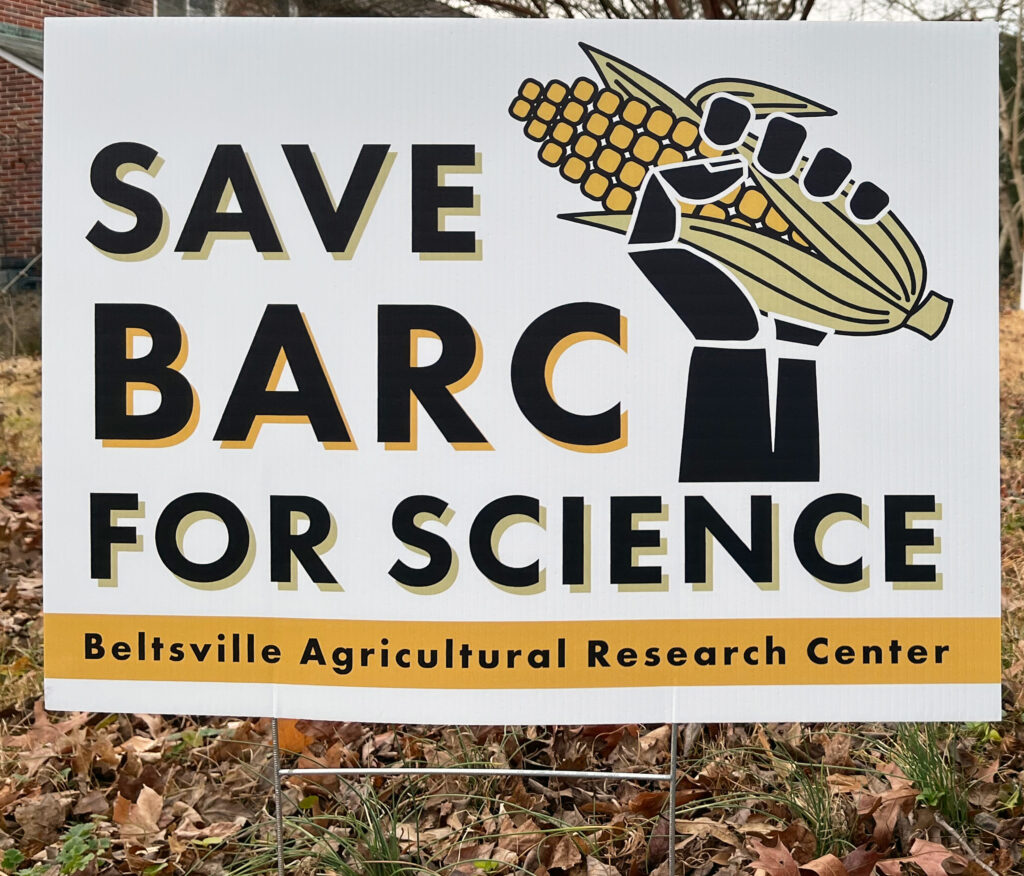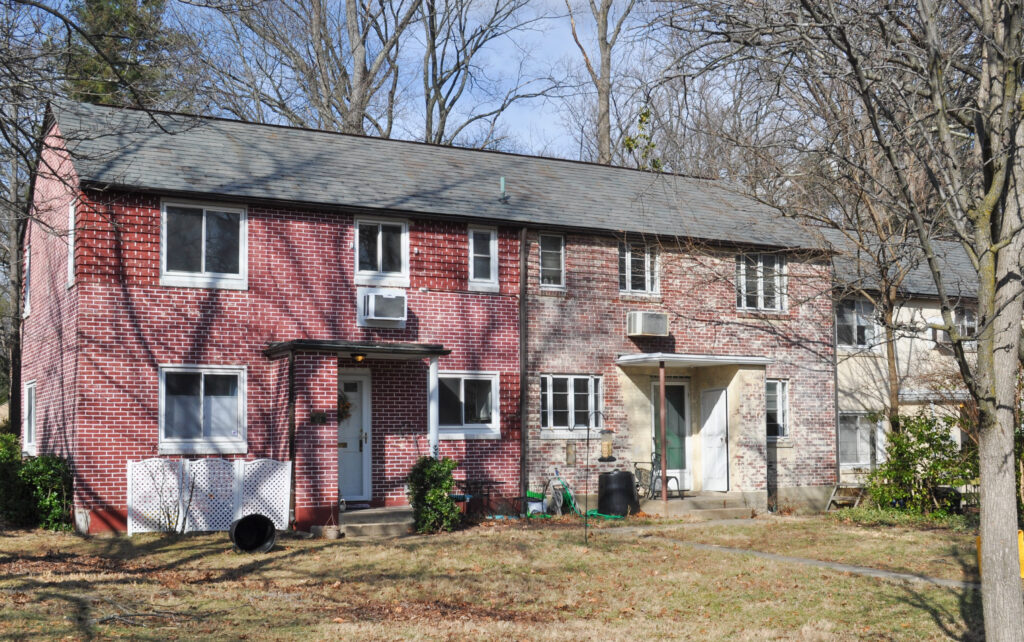In the final public event for city council candidates, hosted by Greenbelt Homes, Inc., on Tuesday, October 19, nine of the 10 candidates were present: incumbents Colin Byrd, Emmett Jordan, Judith Davis, Rodney Roberts and Silke Pope and challengers Brandon “Ric” Gordon, Kristen Weaver, Bill Orleans and Matthew Inzeo. Newcomer Alex Zajac did not participate, explaining in a Facebook post that he was on a previously scheduled vacation. The discussion was moderated by Dave Zahren and included questions on the reparations commission referendum and how to make council meetings more productive.
The final day for voting in person at the five precincts is Tuesday, November 2 by 8 p.m. or at the three drop boxes by 6 p.m. the same day.
Reparations
The candidates were asked to state their positions on the referendum question to establish a 21-person commission to review the reparations issue and make recommendations to council.
Inzeo said that it is important to learn from the city’s history to move forward and make Greenbelt better in the future. He heard a lot of pain in the community while campaigning. He committed himself to learning and listening to the voters and other councilmembers.
Jordan said he recognized and appreciated the case for reparations but is more in favor of a broader focus on equity and inclusion. He felt that the focus regarding reparations should be on the county, state and federal governments and that Greenbelt should have a broader discussion.
Byrd expressed support for the question, which he had moved to put on the ballot. He committed to listening to the people and if there is strong opposition to the commission, he will take that into consideration. He said that reparations need to be considered at the municipal level, not just at the county, state or federal level. Greenbelt is not immune to the unfortunate disease of racism, he said, and it still has some vestiges of Jim Crow such as geographical segregation in different parts of the city.
Davis committed to abiding by the voters’ decision. If the referendum fails, she said, she will continue her efforts to eliminate disparities and inequalities in city services and policies.
Weaver said that although reparations are a national issue, it has specific application to Greenbelt due to its history of exclusion in its early days. The issue is not just about monetary compensation, but about accepting responsibility for the misdeeds of the past.
Orleans supported the question although he said the 21-member commission was an unfortunate element. Council, the Greenbelt interfaith community and the business community should all be engaged to determine how to overcome the errors of our collective past.
Gordon supports the referendum in terms of having the conversation. Whatever comes back from the commission, residents and council can learn from each other, learn from the pain and the hurt that was caused so that it is not replicated and so council can build upon that common ground.
Roberts said that council is doing it backward. It should have set up the commission so they could have the conversation, then after it presented its recommendations, possibly have a referendum on those recommendations. Doing the referendum first on the simple issue of a commission is not really giving citizens their say, he said.
Pope noted that it is unfortunate that Greenbelt did not originally allow Black people to be residents. She strongly supports historical awareness of this racism that occurred over 80 years ago so that it never occurs again but does not think that it is within the scope of the city government to address and solve any national or state-level issues of systemic racism, segregation and discrimination. As a small municipality of about 23,000 residents, the city does not have the resources to do the in-depth research necessary to thoroughly investigate this injustice. She said that she is not saying yes or no to reparations, if a commission is formed, she will work with the commission and listen.
Council
The candidates were asked what they would do to make the next council a cohesive, collaborative and productive body. Davis, Inzeo, Pope and Jordan called for better adherence to council’s standing rules.
Gordon called for pre-meetings before items come up at council meetings, team-building exercises and striving to find common ground.
Roberts called on councilmembers to leave politics behind. He said he votes based on what he hears from the community and what he thinks is best for the city.
Davis called for improving how the meetings are led and organized. She called for a retreat soon after the election to explore ways to improve the meetings.
Inzeo touted his commitment to teamwork and said that he is an excellent listener who speaks when he has something important to say.
Pope called the “current, late-night meetings” unacceptable, saying they hinder citizens’ participation and are not respectful of anyone’s time. She called for clearer, more manageable agendas and time limits per item.
Orleans said the problem is when councilmembers choose to be defensive when something negative is said about them or their position. That needs to stop, he said. But, he noted, the best consensus is often arrived at following a contentious discussion.
Jordan said that some of the tension reflects the divisiveness that exists across the country. He felt that sometimes council takes itself too seriously and needs to lighten up and work as a team. He suggested considering whether petitions and requests could be recorded ahead of time to take the item back to its original intent, rather than the back and forth that currently occurs.
Weaver called for more effective use of council worksessions. As an example, she noted that in the most recent worksession on police reform, there was no attempt to identify the actions for which there was general agreement and find compromise for the “sticky parts” so that a motion with enough votes to pass could have been brought to the October 11 council meeting.
Byrd had a different perspective. Tension between councilmembers, he said, is nothing new and he is more concerned about the tension between the needs of the people and the decisions made by council. He called for finding common ground between council and the people they represent.




